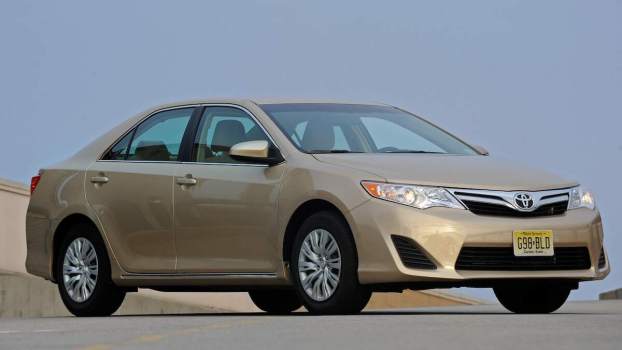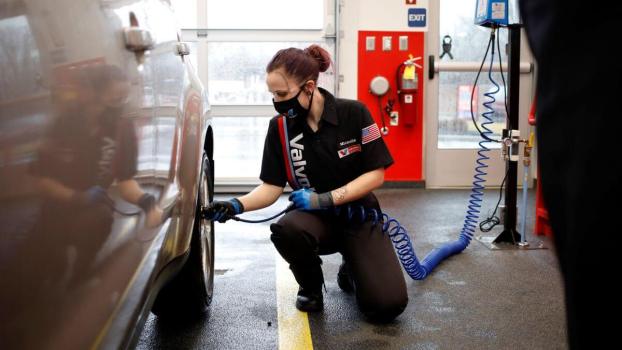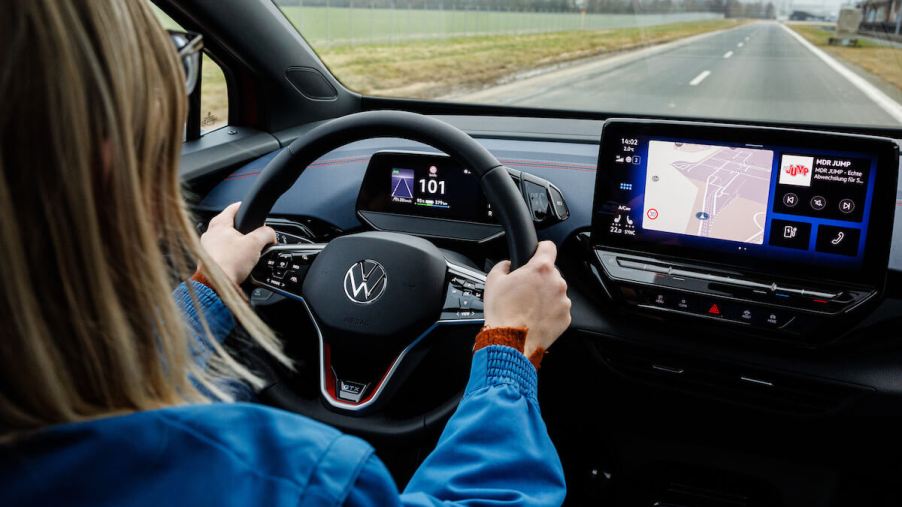
Are Long Drives Better for Your Car, or Is It Just a Myth?
Putting miles on your car is never the greatest feeling, considering it means more wear and tear over time. However, we have all heard the concept of “highway miles” being better for your car than “city miles.” This means that driving your car for longer distances, like commuting on the highway for 40 miles a day, is better than driving it for shorter stop-and-go commutes. But is this concept true or just a myth?
Are “highway miles” better than “city miles?”
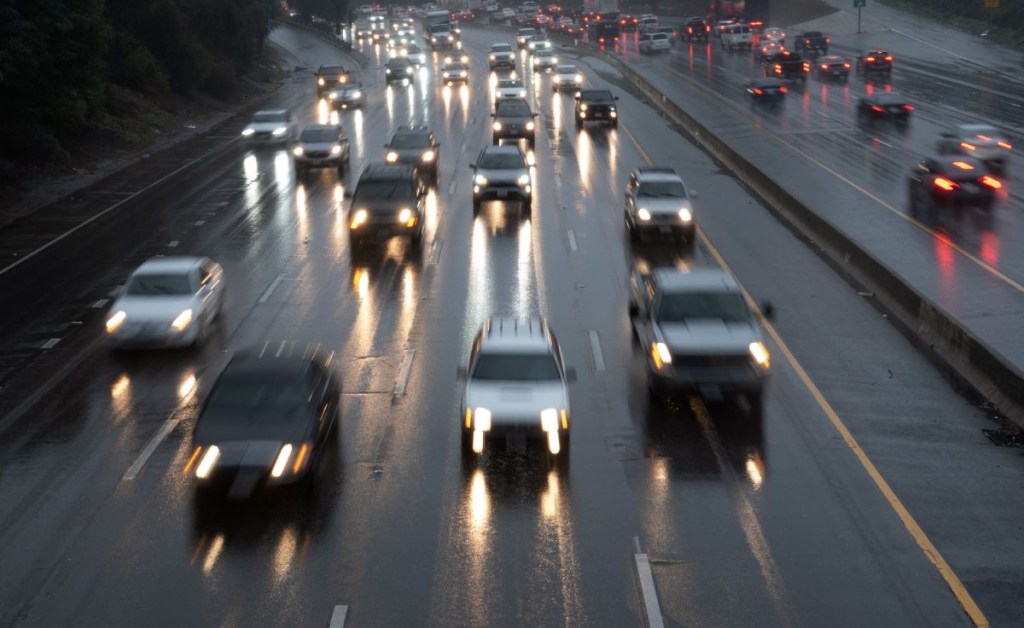
To clear up the difference between the types of mileage you can put on a car – there are highway miles and city miles. “City miles” are the miles accumulated while driving in urban and suburban areas. This type of commuting usually involves multiple stops from traffic lights and signs in addition to crowded traffic situations.
“Highway miles,” on the other hand, are miles accumulated from long-distance driving. This type of driving includes cruising on a highway at a constant RPM. Many people may think that highway miles would put more wear and tear on your car, but that’s not true.
Instead, traveling long distances can be better for the engine’s alternator, the battery, and the car’s overall fuel efficiency. Using your car’s cruise control function can enhance these benefits because the system will keep the car running at a constant speed. Using your right foot to modulate the car’s speed can cause some variances, in contrast.
Why are short trips bad for your car?
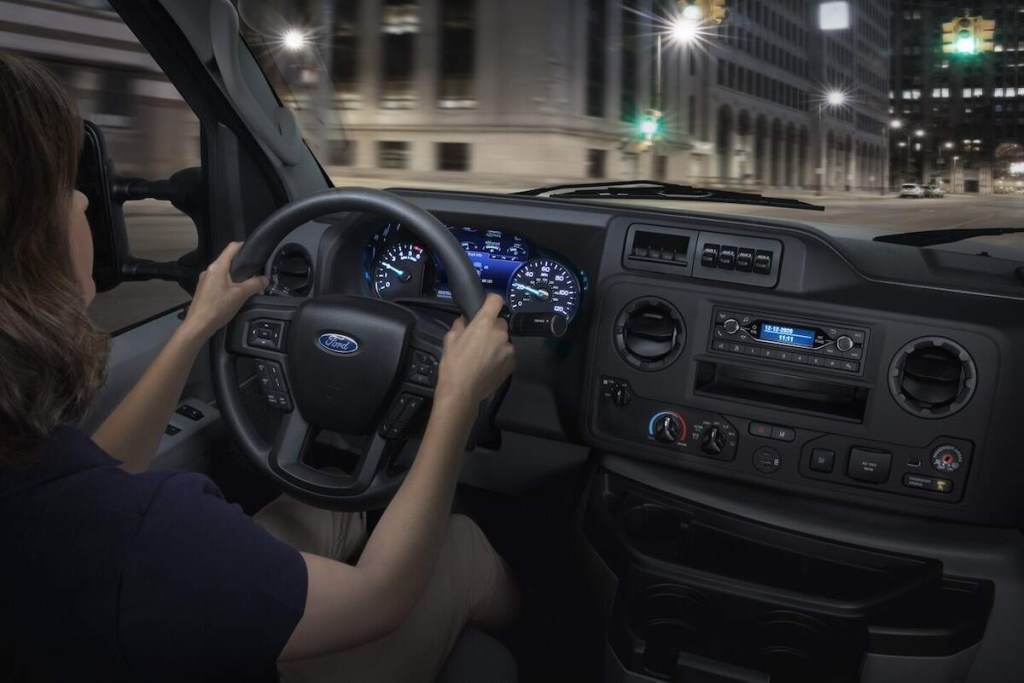
It’s known that short trips can be bad for your car – especially if the car doesn’t have a chance to fully warm up in time – but why? Not letting your car’s engine warm up to the proper operating temperature can damage its internal components. Engines are machined to precise tolerances to be as efficient as possible. But when the engine isn’t warmed up enough, the metal in the engine won’t expand, leaving wiggle room between the engine parts.
Additionally, the engine’s combustion process creates byproducts that can blow past the engine rings and end up in the oil. When the engine is up to its normal operating temperature, these contaminants are burned off, but if not, they could end up in the oil and break it down faster. The broken-down oil could lead to more friction, which is never a good thing in an engine.
Ultimately, taking multiple short trips over time can lead to more wear and tear on the engine, which equates to harder miles racked up. But if the car is run on the freeway every day, it can warm up properly and function normally over time, despite the additional miles.
Tips for preventing short-trip engine damage
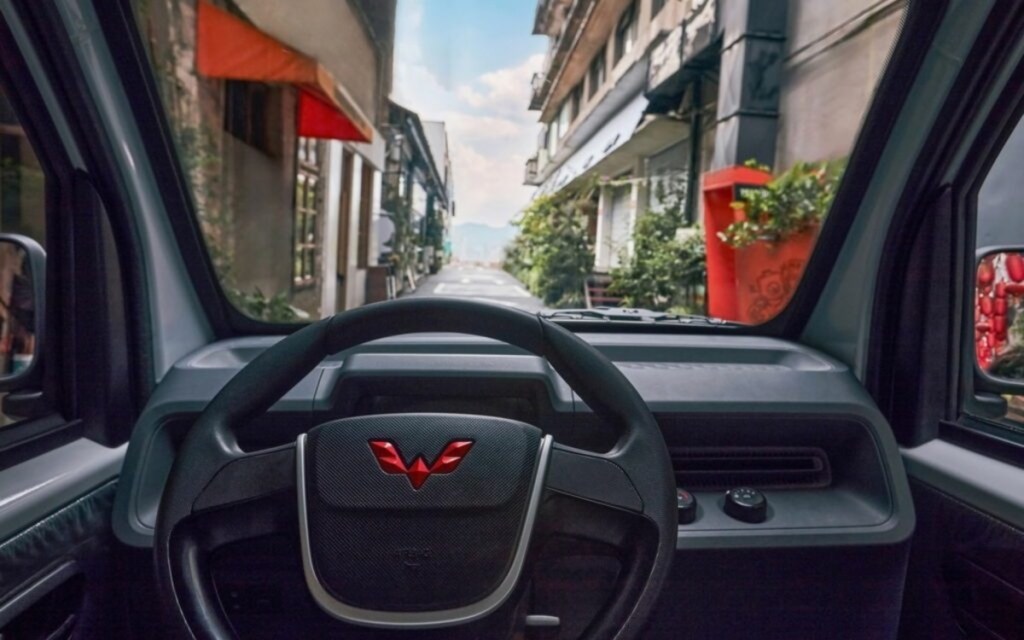
If your normal commute doesn’t include long-distance driving, here are a few tips from Tires Plus to prevent damage from short trips.
- Consolidate your errands: If you have multiple errands to run, group them into one large trip instead of taking multiple trips.
- Use a battery trickle charger: If you only make short trips, consider hooking the car’s battery to a trickle charger when parked. Doing so will keep the battery charged and offset the electrical drain on short trips.
- Take a longer drive when possible: Take a long drive when possible to give your car’s battery time to charge and for the contaminants to evaporate out of the oil.
Ultimately, if your daily commute consists of a long drive, don’t fret; it could be better in the long run. But if you only make short trips, consider these tips to prolong your car’s life.
